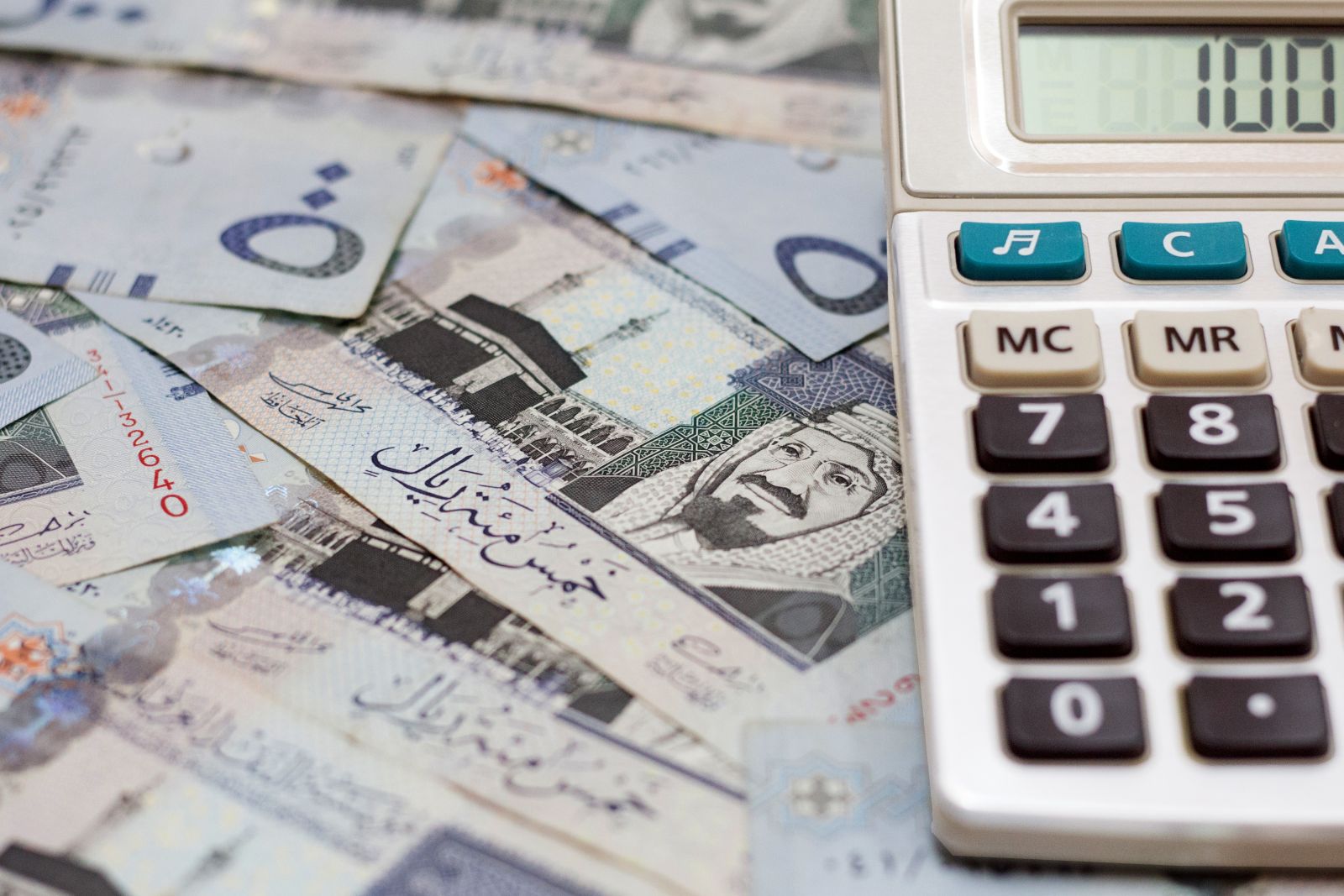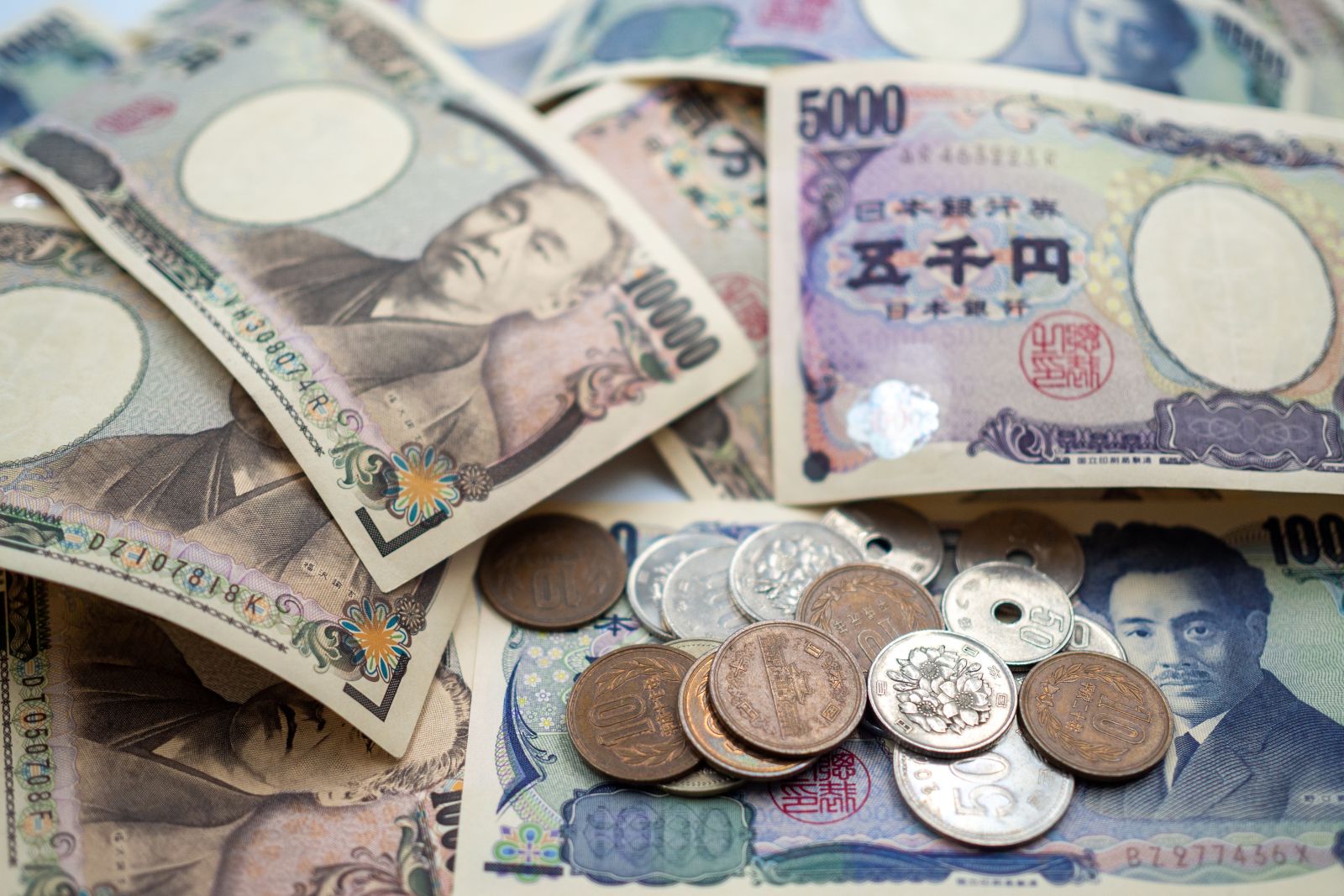ALBAWABA – With Egypt topping the Mideast inflation range since 2022, and Morocco and Libya dealing with devastating catastrophes just days ago, it is difficult to price in future interest rates in the region or forecast inflation trajectory moving forward.
However, on Tuesday, Morocco’s central bank will make its first interest rate decision since the devastating earthquake a couple of weeks ago. Despite inflation running at 5 percent, according to Bloomberg, above the base rate of 3 percent, the bank may choose against hiking.
Eastwards, Saudi Arabia’s foreign reserves fell to the lowest level since 2009 in July. Investors will on Thursday be closely watching the numbers for August to see if the trend will carry on or if the government has opted to prop up reserves.
Inflation in Egypt rose to a new high in August, figures released earlier this month by the Central Agency for Mobilization and Statistics (CAMPAS) showed.
Mideast inflation suffers three extremes: Saudi Arabia, Egypt and Turkey
In Saudi Arabia, annual inflation eased to 2 percent in August, as reported by Reuters earlier in September, from 2.3 percent, government data showed.

Inflation in Saudi Arabia is among the most moderate on the Mideast inflation range - Shutterstock
The rise in housing rents, which rose 10.8 percent, was the main driver of inflation in Saudi Arabia, weighing on overall higher prices of housing, water, electricity, gas, and other fuels.
Annual inflation in Egypt hit 39.7 percent in August, up from a record of 38.2 percent in July, as the cash-strapped country struggles with a devaluating currency.
Food and drink prices increased 71.9 percent, compared to August 2022, according to CAMPAS, as reported by Agence France-Presse (AFP).
According to Forbes, Mideast inflation is poised to rise further. Morgan Stanley Expects headline inflation in Egypt to hit 38 percent year-on-year by August/September, averaging around 25 percent for 2023 and 27 percent for 2024.
The outlook for inflation in Egypt essentially depends on the movement of the exchange rate and the central bank’s monetary policy, as well as the foreign exchange liquidity in the economy.

Inflation in Egypt and Turkey is among the highest on the Mideast inflation range - Shutterstock
Egypt's external financing needs are expected to reach $23-24 billion in each of the 2023 and 2024 fiscal years, Morgan Stanley said in a report Tuesday.
On the other hand, Turkey's central bank raised its key interest rate to 30 percent on Thursday, according to Reuters, marking a second month of aggressive tightening, in an effort to curb runaway inflation. As reported by Trading Economics, inflation in Turkey accelerated for the second consecutive month to 58.9 percent in August 2023 from 47.8 percent in July.
Asia data coming out later this week, as Mideast inflation data points to relief
Farther to the East, the Bank of Japan’s Governor Kazuo Ueda and his deputy Shinichi Uchida will both be speaking on Monday following the central bank’s latest policy decision Friday.
This week the world’s third largest economy will be reporting on a host of data on Friday, including Tokyo inflation, retail sales, industrial production and labor market-related figures.
Australia will issue its report on its latest inflation figures on Wednesday and retail sales on Thursday, and both reports will feed into the Reserve Bank of Australia’s policy decision the following week.

Japan's monetary policy is controversial at best - Shutterstock
Meanwhile, Thailand’s cenAbdultral bank is expected to continue to raise rates on Wednesday, after which the country is expected to show slightly better trade results on Friday.
In Singapore, inflation data due Monday is likely to show further slowdown, while Hong Kong reports on trade are due Tuesday.
No reports on China’s inflation gauge in August/September have come out as of yet. However, the Chinese central bank and other authorities have issued a package of stimuli to help the country’s sluggish recovery, including lower interest rates and credit facilities.









